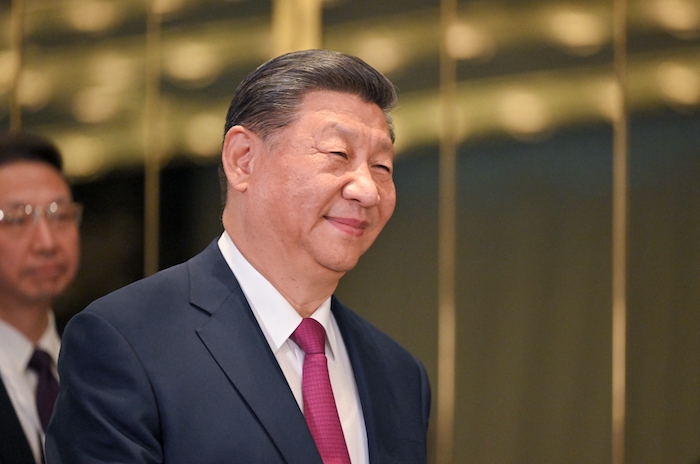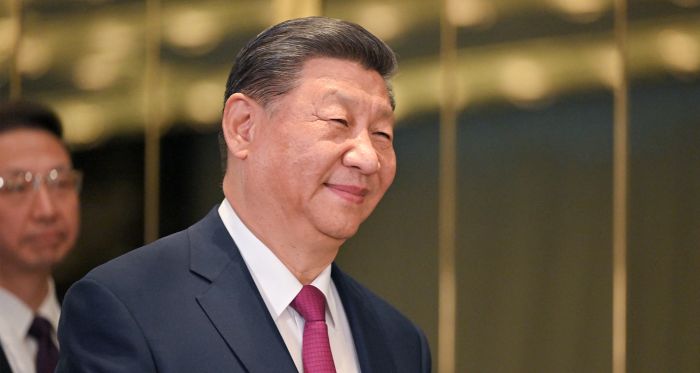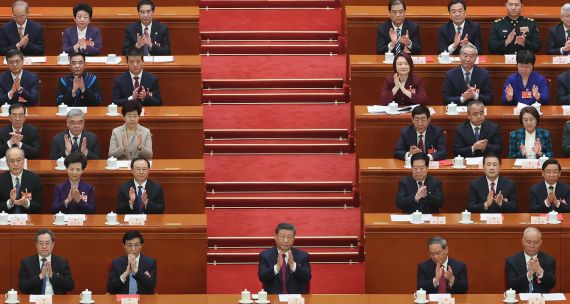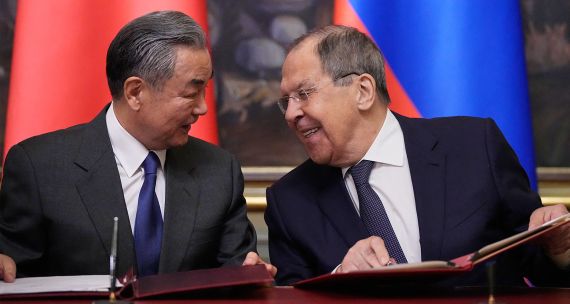The Takeaway
China's third plenum, a once-every-five-years meeting of Chinese Communist Party leaders, is often an opportunity to signal major economic reforms. However, the plenum that concluded on July 18 left domestic and international observers less than confident that Beijing will make the policy changes needed to tackle some of the most vexing problems plaguing the Chinese economy, namely sluggish domestic consumption, youth unemployment, and staggeringly high levels of local government debt. Instead, the plenum reinforced Chinese President Xi Jinping’s long-term vision, in which national security and technological self-sufficiency are of paramount concern.
In Brief
- The plenum outlined broad policy initiatives to be achieved by 2029, with more detailed plans for achieving these objectives expected to be released in the coming months. Major stock markets in China sagged following the plenum as hesitant investors waited for more information about policy implementation.
- The “resolution” published at the end of the plenum sends mixed signals on the economy. On one hand, the document acknowledges the serious economic obstacles China is facing, and pledges to dismantle market barriers, expedite foreign access to manufacturing, ensure a level playing field for private and foreign enterprises, and create a "transparent, stable, and predictable institutional environment." But on the other hand, the resolution doubles down on the state’s role in the economy, stressing the importance of "managing and controlling" the market and securing supply chains.
- The resolution also mentioned rebalancing fiscal relations between central and local authorities and contained some notable social policy adjustments, such as granting migrants access to essential social services based on residency rather than hukou — the household registration system that has been a long holdover from the 1950s.
- Notably, for the first time, the resolution includes a separate section on national security, stressing its role as the cornerstone of the country's long-term stability and the need to "ensure that high-quality development and greater security reinforce each other."
Implications
The plenum underscored continuity rather than offering major new policy directions. While Xi’s first plenum in 2013 sparked optimism that China would embark on a process of economic liberalization, his tenure since has been marked by a steady tightening of party control over the economy. That was evident in this year’s plenum, which showed that national security and technological self-reliance remain top priorities. Embedding party cells within private businesses, encouraging governments to purchase small stakes in private companies for outsized influence, and prioritizing "high-quality development" centred on homegrown innovation all point to Xi's belief in reining in rather than unleashing market forces. Maintaining this course is likely to discourage investment from China’s private entrepreneurs and prompt additional diversification by multinational businesses seeking to insulate themselves from China’s increasingly statist economy.

Fiscal reforms could provide relief to distressed local governments. Many municipalities in China are the primary providers of public services such as education and health care but the same governments have few tax revenue streams to pay for these services. These local governments face severe budget shortfalls, exacerbated by massive debts incurred to manage the country’s COVID-19 response and a deflation of the property bubble. Chinese municipalities collectively hold an estimated C$13.2 trillion (70 trillion yuan) in debt, roughly double the size of Germany’s GDP.
Boosting local tax bases is essential to avoid drastic cuts to social services and to curtail the local officials’ temptation to fill government coffers through retroactive taxation of businesses. Both actions would be a recipe for socioeconomic instability. While details on these fiscal reforms have not yet been made available, the resolution mentions measures such as expanding local governments' tax bases, redistributing a greater share of public spending to the central government, and granting city governments greater autonomy in regulating the real estate market, albeit while creating a system to monitor and regulate local government debts.
The emphasis on stimulating domestic consumption may ring hollow without expanding social welfare. The proposed social policy tweaks mentioned above are a positive development but fall short of the systemic overhaul that many economists say is needed. A more substantial investment in social welfare would enable people to spend more of their earnings rather than save as a precaution. However, Xi’s aversion to "welfarism" makes such a paradigm shift unlikely, and the plenum’s resolution said little about how the government would boost consumption.
Other economies are hoping for a rebalancing of China's growth model away from an overreliance on investment and exports and towards boosting domestic demand, which could help shrink their large trade deficits with China and stimulate the global economy.
What's Next
1. Overcapacity, more protectionism, and rising trade tensions
In the short term, China remains committed to self-reliance and a supply-centric growth model. Without a parallel boost in domestic consumption, global anxiety over deflation and overcapacity will remain high. Emerging markets, already absorbing Chinese exports diverted from tariff-heavy Western markets, are particularly vulnerable due to their reliance on manufacturing. This could trigger further protectionism and trade tensions, even among emerging economies that are usually friendlier to China.
2. Pessimistic economic outlook likely to persist
Beijing offered no concrete solutions to critical challenges such as the real estate crisis and youth unemployment. The property slump has eroded an estimated 15–20 per cent of household net worth over the past three years, and promises of job creation have been vague, providing little comfort to a younger generation facing bleak employment prospects. Beijing should not expect a sudden spending surge from the country’s financially constrained middle class, unemployed young adults, and an increasingly large elderly population. Any uptick in domestic consumption will be slow and gradual.
• Edited by Erin Williams, Senior Program Manager, APF Canada; Vina Nadjibulla, Vice-President Research & Strategy, APF Canada; Ted Fraser, Senior Editor, APF Canada





